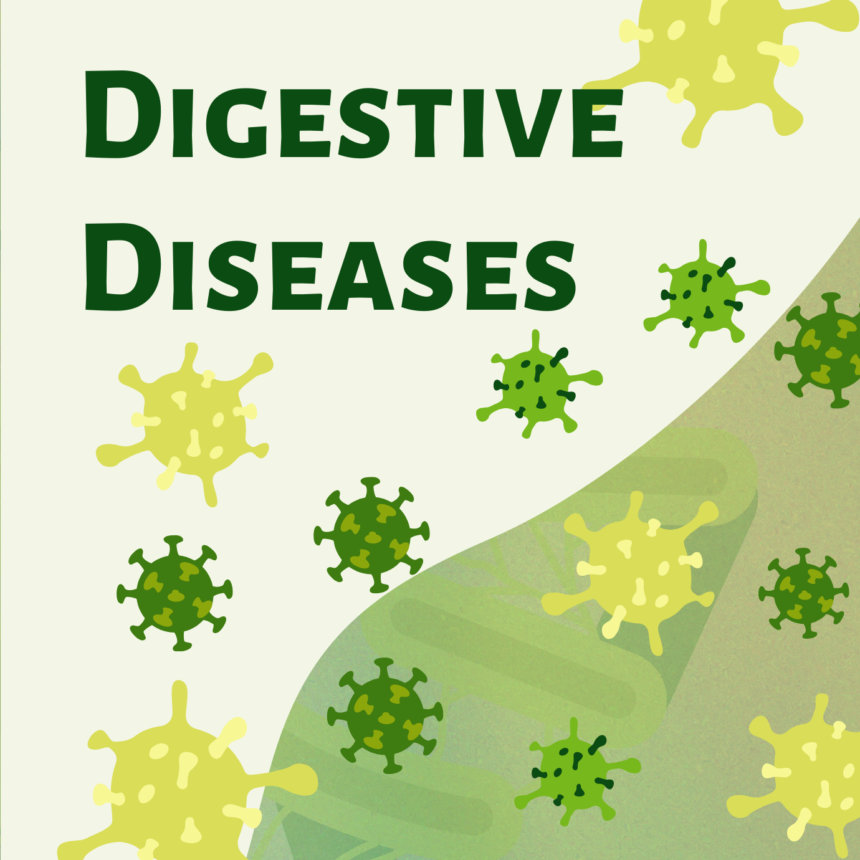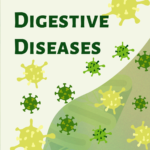Gastroesophageal Reflux Disease, commonly known as GERD, is a chronic digestive disorder that affects millions of people worldwide. It occurs when stomach acid frequently flows back into the tube connecting the mouth and stomach, known as the esophagus. In this article, we’ll explore the causes, symptoms, and treatment options for GERD.
Understanding GERD:
GERD is primarily characterized by the abnormal flow of stomach acid into the esophagus. This occurs due to a weakening or malfunction of the lower esophageal sphincter (LES), a ring of muscle that normally acts as a valve between the esophagus and the stomach. When the LES doesn’t close properly, acid can irritate the lining of the esophagus, leading to various symptoms.
Common Causes and Risk Factors:
Several factors contribute to the development of GERD, including:
- Hiatal Hernia: This occurs when a portion of the stomach protrudes into the chest cavity through the diaphragm, disrupting the normal function of the LES.
- Obesity: Excess body weight, especially around the abdomen, can increase pressure on the stomach and LES, promoting acid reflux.
- Certain Foods and Drinks: Spicy or fatty foods, caffeine, alcohol, and citrus fruits can exacerbate GERD symptoms.
- Smoking: Tobacco use can weaken the LES and contribute to the development of GERD.
- Pregnancy: Hormonal changes during pregnancy can relax the LES, leading to acid reflux.
- Medications: Some medications, such as certain asthma medications, calcium channel blockers, and sedatives, can relax the LES or irritate the esophagus.
Common Symptoms:
The hallmark symptom of GERD is heartburn, a burning sensation in the chest that often worsens after eating, lying down, or bending over. Other symptoms may include:
- Regurgitation: A sour or bitter taste in the mouth as stomach acid backs up into the throat or mouth.
- Difficulty Swallowing: Known as dysphagia, this can occur if chronic acid exposure causes inflammation or narrowing of the esophagus.
- Chronic Cough: Persistent coughing, particularly at night, can be a symptom of GERD.
- Sore Throat or Hoarseness: Repeated exposure to stomach acid can irritate the throat and vocal cords.
Treatment Options:
Effective management of GERD often involves a combination of lifestyle changes, medications, and, in some cases, surgical procedures. Here are some treatment options:
- Lifestyle Modifications: Elevate the head of your bed, avoid large meals, and refrain from eating for at least two hours before bedtime. Lose weight if needed and avoid trigger foods and beverages.
- Medications: Over-the-counter antacids, H2-receptor antagonists, and proton pump inhibitors (PPIs) can help reduce acid production and alleviate symptoms.
- Surgical Intervention: In severe cases or when medications and lifestyle changes are insufficient, surgical procedures like fundoplication may be recommended to strengthen the LES.
- Endoscopic Treatments: Minimally invasive procedures like the LINX device placement or endoscopic fundoplication can help improve LES function.
In conclusion, GERD is a chronic condition characterized by the recurrent flow of stomach acid into the esophagus, leading to various uncomfortable symptoms. Identifying and addressing the underlying causes, along with lifestyle changes and appropriate medications, can effectively manage GERD and provide relief from its symptoms. If you experience persistent heartburn or other symptoms suggestive of GERD, it’s crucial to consult a healthcare provider for a proper diagnosis and tailored treatment plan.



